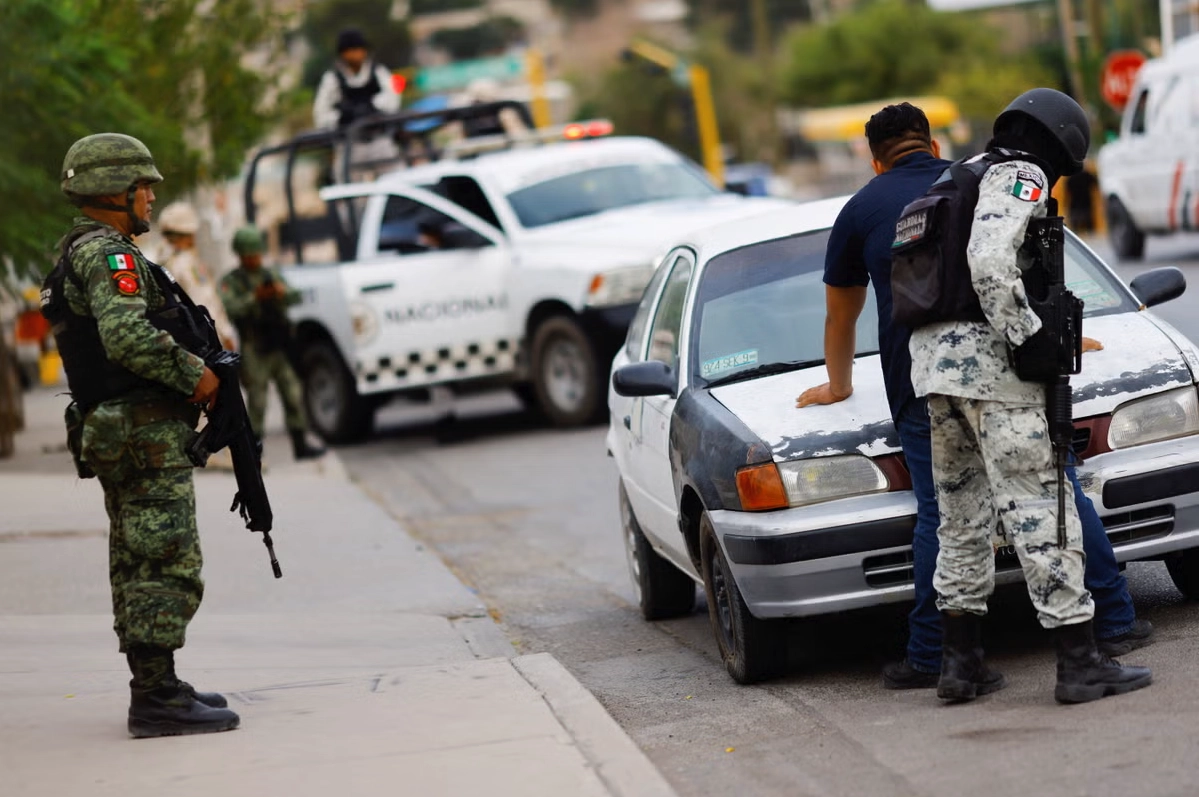Few phrases are such a trite catch-all to graph the superlative importance of a single factor over alternative explanations as that uttered in the days when Bill Clinton became President of the United States: “It’s the economy, stupid!”
The year was 1992. President George H. W. Bush was seeking re-election confident that the wave of popularity from his military campaign against Saddam Hussein in Iraq and the West’s victory over the former Soviet Union, which was dissolved just a few years earlier, would be enough to retain the presidency. These were clear signs of political leadership. Democrat Bill Clinton seemed a lesser threat. Only the American voter was far from exclusively concerned about foreign policy or the new global order underway. What generated more anxiety was their financial decline and declining quality of life. The election would not be defined by ideology, military triumphs, or moral superiority in the new world at work, but by the voters’ pocketbooks. Hence, the enshrinement of the motto “It’s the economy, stupid!“
In Mexico, given the upcoming presidential elections, it would seem to be necessary to adjust that phrase that functioned as a diagnosis-synthesis to “It’s the insecurity, stupid!”. This could allow us to understand what voters’ reactions in June may be about. The situation of insecurity that the country is experiencing has consequences in all areas of our daily life. The measurement carried out by the federal statistics and census body on insecurity, the so-called ENSU (National Urban Public Safety Survey), is the best indicator of society’s reactions and how people’s habits change in this regard. In December 2023, the last measurement, 63% of people exhibited an acute perception of public insecurity. Among women, more than two-thirds felt this way (67%). Among men, just over half (54%) shared these impressions.
According to the report, there has been a slight improvement in the feeling of public safety. Almost six years ago, at the beginning of 2018, the record of perceived insecurity exceeded 80% among women and 76% in the general population. Does the population really say they feel safer? Not exactly what is conveyed to us by the ever-increasing news coverage of various criminal acts, or the ranking of international indicators such as the increase in the number of homicides per 100,000 inhabitants that put Mexico at the top.
Perhaps we should interpret this improvement only as the result of methodological peculiarities in the measurement. That is to say, the result of the circumstances of insecurity that forced pollsters in general to stop surveying in many places given their dangerous conditions for the professionals themselves, and replace those risky places with others where life was not under threat?
Risk maps exist in Mexico as in so many other places. However, in many regions, they are very changeable. In states like Tamaulipas, they can change radically in a few days. There are places like the State of Guerrero where these maps are more stable. Nonetheless, this does not improve the situation or the professional purpose of the researchers, which is precisely to obtain a reliable, complete, and trustworthy measurement of citizens’ states of mind, such as the feeling of insecurity. The percentage of boxes that are substituted in the ENSU by the census institute interviewers (10 to 20 percent depending on the state) can give us an idea of the magnitude of the insecurity phenomenon, remembering that this survey is only applied in urban areas (75 cities) and consults almost 28,000 households.
The pervasiveness of this sense of insecurity has consequences on the electoral process, particularly on participation. The perception of risk decreases the levels of participation in an election. Given the intensity with which it manifests itself in certain states, this uncertainty is capable of interfering with the final results of state, municipal, or district elections at the federal and local levels.
Violence reported in the media can increase perceptions of insecurity. The trigger can be processes of generalized violence or particular events such as attacks or homicides of local public figures. It is not uncommon for the latter to exacerbate citizens’ perception of vulnerability. In this logic, if a public figure can be subject to an attack or homicide, an ordinary citizen is even more exposed.
Will insecurity influence the elections? There is no doubt. The real question is not whether impressions of potential or actual victimization will have any effect on the election. The critical question is to know the ultimate magnitude of that effect. Most likely it will be on citizen participation in the process and with greater abstention, anything can happen, subverting forecasts and projections generated from assumptions of massive turnout at the polls or — at least — in the usual proportion of previous elections.
Although different authorities deny it or reduce it to local rather than national impacts, everything indicates that next June’s results will be strongly shaped by that feeling of life on the edge and the desire for survival. It’s the insecurity, stupid!
*Translated by Janaína Ruviaro da Silva from the original in Spanish.













